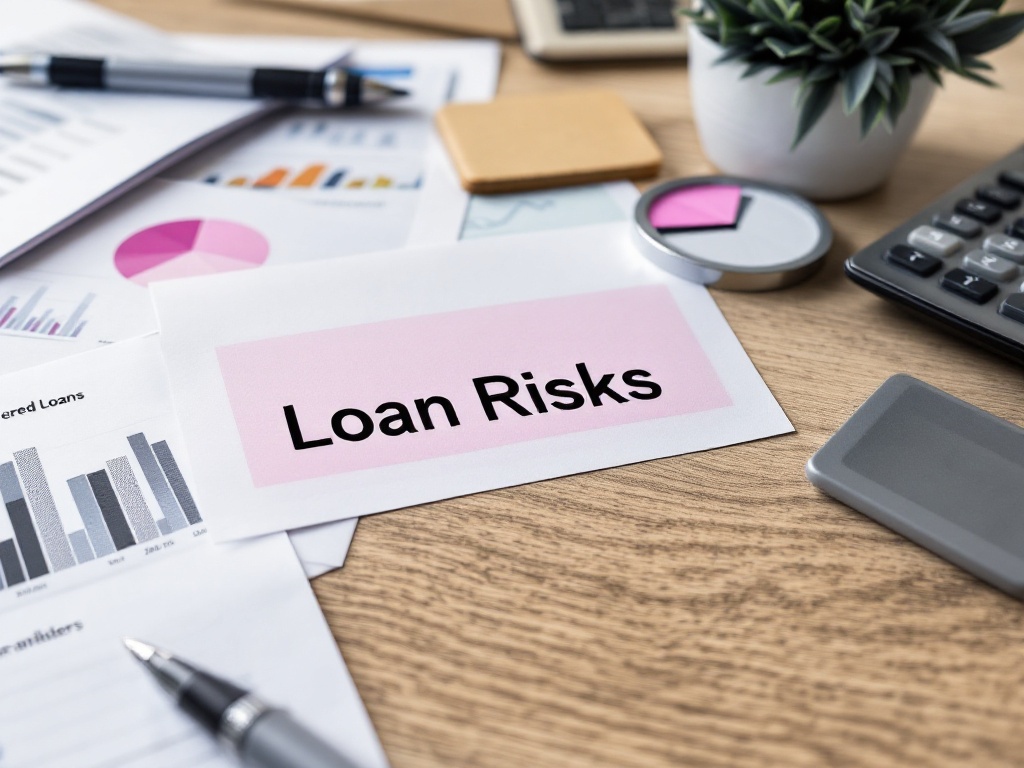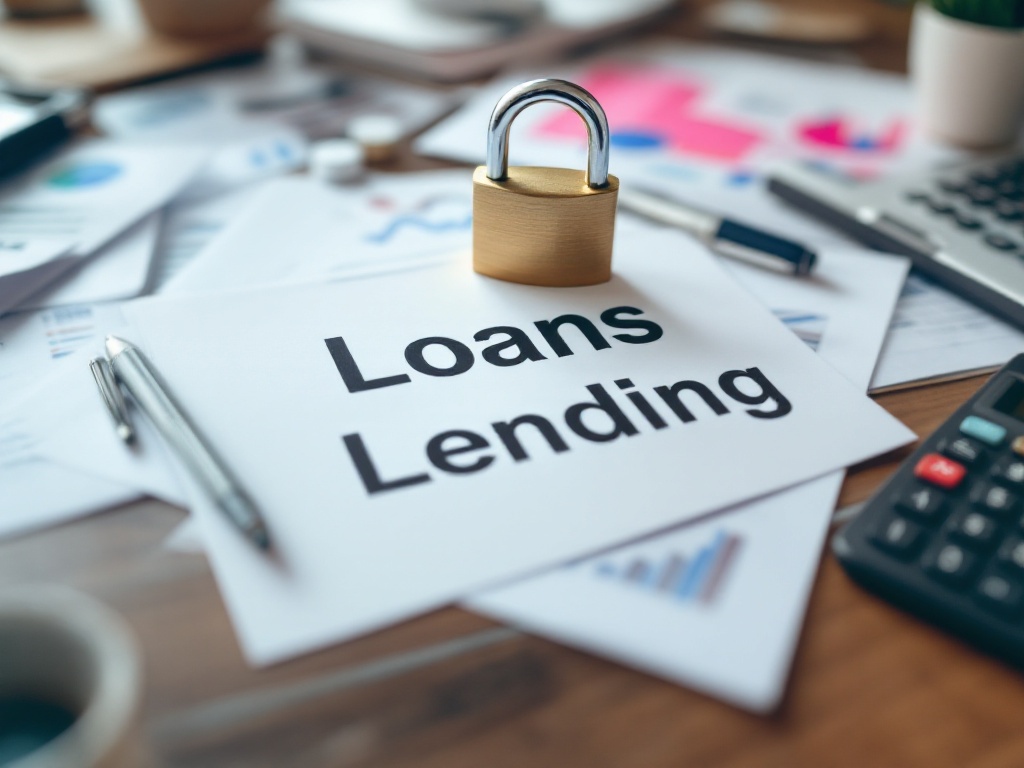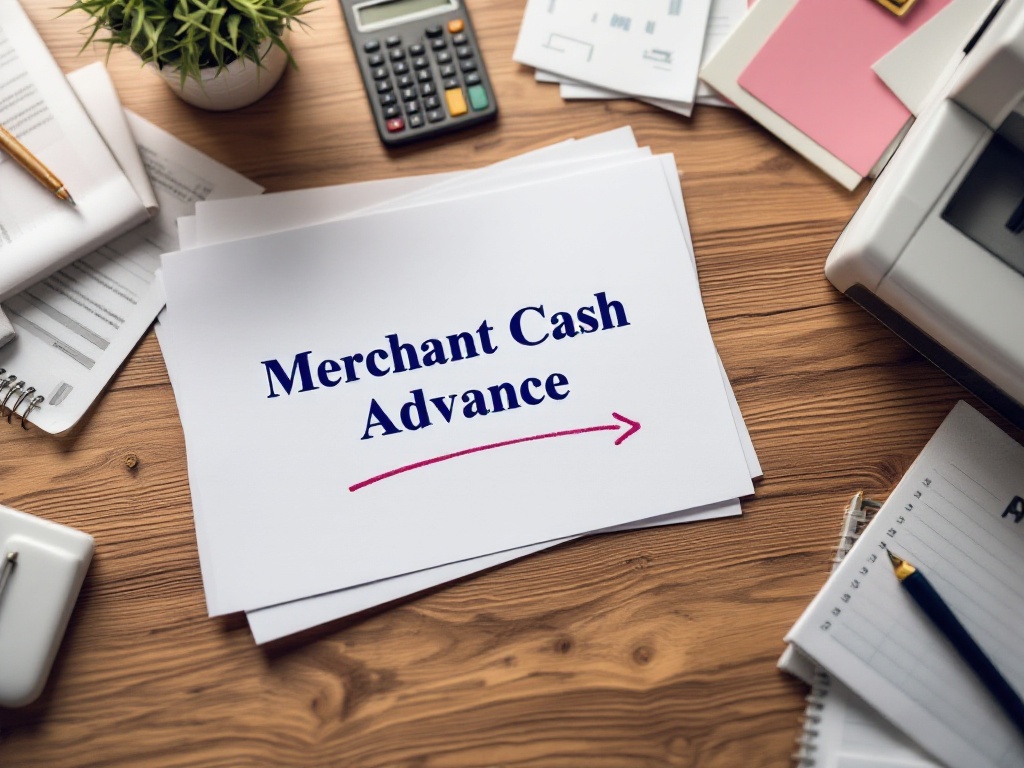When deciding between Secured Lending and unsecured business loans, you may wonder which option fits your business better. If your business owns valuable assets like equipment or real estate, Secured Lending can offer significant benefits, such as lower interest rates and access to larger funding amounts.
However, it’s important to carefully assess your financial situation and the risks involved before making a decision. What factors should you consider when choosing between secured and unsecured loans?
Understanding these differences can help you make an informed choice that best supports your business’s goals.
Understanding Secured vs. Unsecured Loans
When considering financing options for your business, it’s crucial to understand the difference between secured and unsecured loans. Secured lending requires collateral, such as real estate or equipment, which acts as a safety net for lenders. If you default, they can seize the collateral to recover their losses. This type of financing typically offers lower interest rates and larger loan amounts, making it an attractive option for businesses aiming for significant growth.
On the other hand, unsecured loans don’t require collateral, which means you won’t risk losing your assets. However, they often come with higher interest rates and stricter eligibility criteria since lenders rely solely on your creditworthiness.
When evaluating these loan types, consider your business’s current situation and plans. If you have valuable assets and a strong credit history, Secured Loans may be your best option.
But if you prefer to keep your assets safe and can handle potentially higher costs, unsecured loans could fit your needs. Understanding these collateral requirements will help you make informed decisions that align with your business goals and financial health.
Ideal Businesses for Secured Lending

Secured Lending can be a smart choice for businesses with valuable assets that can serve as collateral. If your company owns equipment, real estate, or inventory, you’re in a strong position to leverage these collateral types for better loan terms. This option can help you access the funds you need while minimizing risks.
Ideal businesses for Secured Lending often include those in manufacturing, retail, or construction, where physical assets are plentiful. By meeting lender requirements, you can demonstrate your stability and commitment to responsible borrowing. When you show that you’re willing to back your loan with valuable assets, lenders are more likely to trust you, leading to potentially lower interest rates and longer repayment periods.
Additionally, if you’re looking to expand or invest in significant projects, secured loans can provide the necessary financing while keeping your operations safe.
Financial Situations Favoring Secured Loans
In situations where cash flow is tight or unexpected expenses arise, opting for a secured loan can provide a viable solution. If you’re facing mounting bills or need to invest in urgent repairs, a secured loan can give you the financial breathing room you need.
Since Secured Lending requires collateral, lenders often have more confidence in your ability to repay, which can lead to better terms and lower interest rates.
Think about the assets you own—like equipment, real estate, or inventory. These can be evaluated for collateral, allowing you to access funds while ensuring asset protection. This not only safeguards your investment but also strengthens your financial position.
If you’ve got valuable assets and find yourself in a tight spot, secured loans can help you bridge the gap. You’ll benefit from a more favourable lending environment, making it easier to manage your business expenses without risking everything.
Benefits of Secured Business Lending

One of the key advantages of Secured business lending is access to larger loan amounts and more favourable interest rates. When you put up collateral, you’re often rewarded with better terms, making it easier for your business to thrive.
This sense of security can create a stronger bond between you and your lender, fostering trust and cooperation.
With secured lending, you can negotiate more flexible loan terms compared to unsecured options. Lenders usually appreciate the reduced risk associated with collateral requirements, which means they’re more likely to work with you on repayment schedules that fit your cash flow.
This adaptability can make a significant difference in your business planning.
Moreover, securing a loan with collateral can boost your chances of approval, especially if you’re new to the business world or have a less-than-perfect credit history.
You’ll find that feeling of belonging to a community of entrepreneurs who are taking steps toward growth and stability. So, if you’re looking to scale your business or invest in new opportunities, secured business lending might just be the right financial partner for you.
Risks Associated With Secured Loans

When considering secured loans, it’s crucial to recognize the potential risks involved. You’re putting your assets on the line, which means the lender can seize them if you default.
This collateral requirement adds a layer of pressure, as you could lose something valuable to your business, like equipment or property.
Asset valuation also plays a significant role in this equation. If the lender undervalues your collateral, you mightn’t get the funds you need, or worse, you might find yourself over-leveraged.
This could lead to financial strain and limit your business’s growth potential.
Additionally, navigating the terms of a secured loan can be complex. You may encounter hidden fees or unfavourable conditions that could further jeopardize your financial stability.
Making the Right Financing Choice
Choosing the right financing option can significantly impact your business’s future. When you’re weighing secured versus unsecured loans, it’s crucial to align your choice with your specific needs and goals.
Secured loans often come with lower interest rates, making them attractive if you meet the lending requirements. However, you’ll need to put up collateral, which can feel risky.
On the other hand, unsecured loans might offer more flexibility and quicker access to funds, but the interest rates can be higher. Think about your financing strategies: Do you have assets to secure a loan, or are you looking for a quicker, less risky route?
Consider your business’s current stage and plans. If you’re just starting or navigating uncertain times, an unsecured loan might provide the security you need without the pressure of collateral.
However, if you’re established and ready to grow, securing a loan could offer the support needed for expansion without exorbitant costs.
Ultimately, there’s no one-size-fits-all solution. Reflect on your unique situation, consult trusted advisors, and choose the financing option that best aligns with your business dreams.
Frequently Asked Questions
What Types of Collateral Can Be Used for Secured Loans?
When considering collateral types for secured loans, you can use business assets like equipment, inventory, or real estate. Lenders evaluate these assets during risk assessment, impacting your loan terms and approval chances significantly.
How Long Does the Secured Loan Approval Process Typically Take?
The secured loan timeline usually takes a few days to a couple of weeks, depending on approval factors like your creditworthiness and documentation. You’ll feel more at ease with a clear understanding of the process.
Can Secured Loans Be Used for Personal Expenses as Well?
Secured loans typically focus on business needs, but you can consider them for personal expenses, too. Just remember the secured loan limitations and evaluate your personal expense considerations carefully to ensure it fit your financial goals.
Are Interest Rates Higher for Secured Loans Compared to Unsecured Loans?
Interest rates for secured loans often are lower than unsecured loans, thanks to collateral backing. While secured loan benefits include lower rates, remember that unsecured loan risks can bring higher costs if you can’t repay.
What Happens if I Default on a Secured Business Loan?
If you default on a secured business loan, you risk losing your collateral types, like property or equipment. These default consequences can severely impact your business’s financial health and your credit.
What You Need to Know
If your business has valuable assets and you’re facing cash flow challenges or planning for expansion, secured business lending might be the right choice.
It offers lower interest rates and larger funding amounts, helping you strengthen your financial position. However, weigh the risks carefully, as you’ll put your collateral on the line.
Ultimately, assess your unique situation to make the best financing decision for your business’s future.
Contact us or call 01243-767121 to explore how secured business lending can help support your growth.
Have any questions or concerns? Reach out to us here – we’re here to help and excited to support you!




